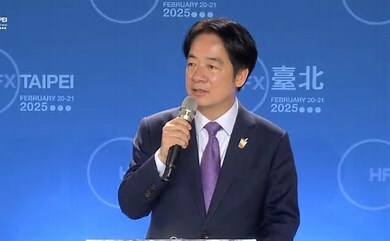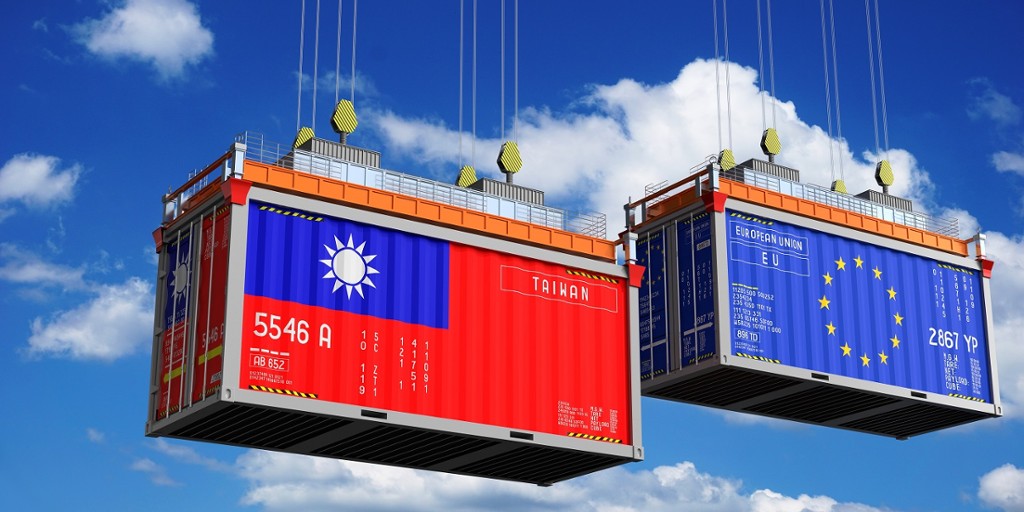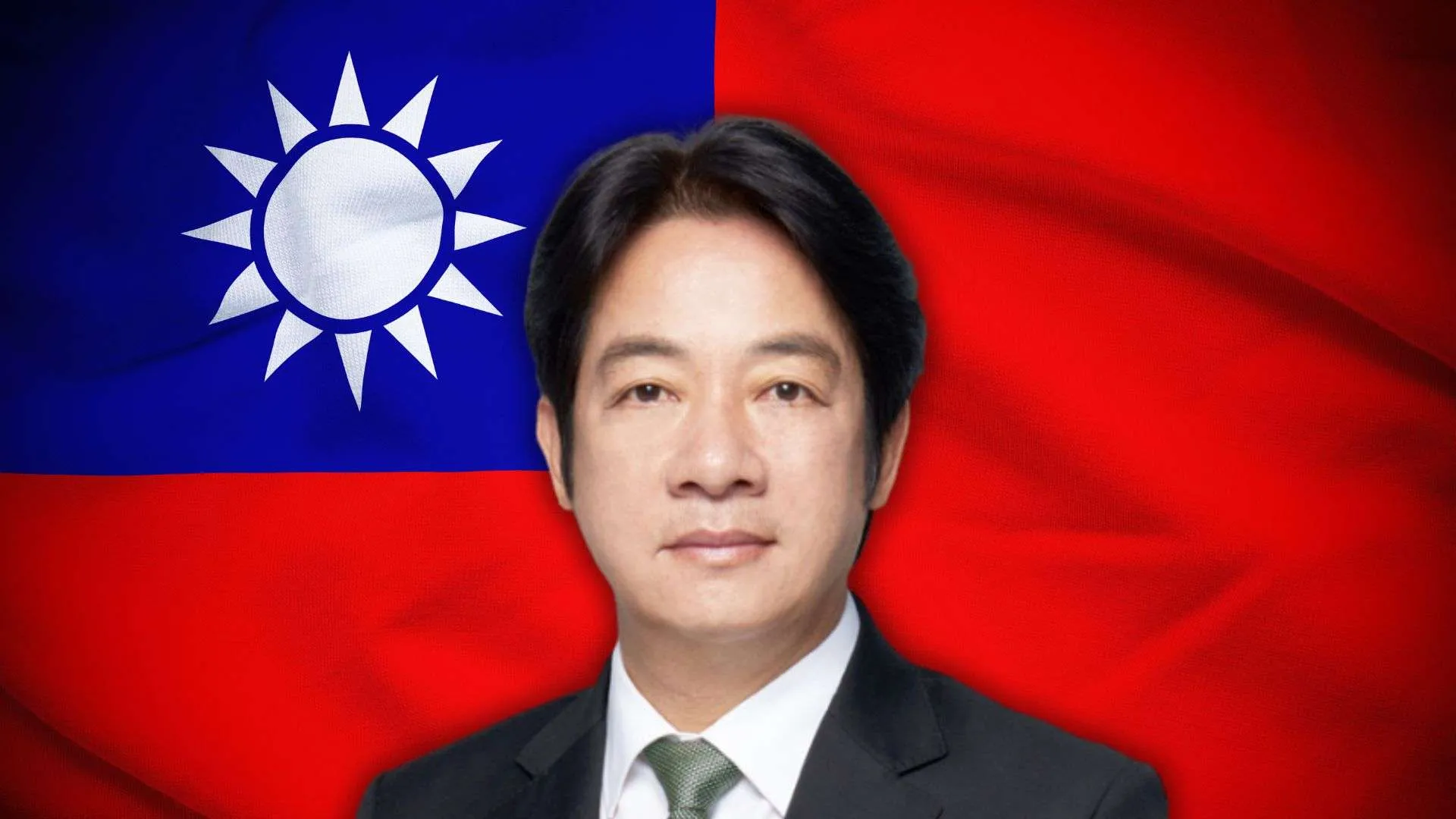by Martin Haffner Associate Editor
Taiwan President’s Gambit: Time for a Tougher Stance on China
In recent years, the geopolitical landscape in East Asia has been intensified by the growing assertiveness of China, particularly regarding its claim over Taiwan. The island has become the focal point of rising tensions between Beijing and Taipei, prompting Taiwan’s leadership to reconsider its stance. Taiwan President Tsai Ing-wen has signaled a potential shift towards a tougher approach against China, aiming to bolster the island’s sovereignty and international standing. This article explores the implications of such a tactic and the strategic considerations at play.
The Historical Context
Taiwan’s complex relationship with China dates back to the Chinese Civil War when the Kuomintang (KMT) retreated to the island after being ousted by the Communist Party of China in 1949. Since then, the People’s Republic of China (PRC) has regarded Taiwan as a breakaway province, insisting on eventual reunification, by force if necessary. Conversely, Taiwan has evolved into a vibrant democracy with its own distinct identity. Under Tsai’s leadership, Taipei has sought to reinforce its self-governance, yet China’s increasing military maneuvers and diplomatic pressure have posed significant challenges.
Tsai Ing-wen’s Shifting Strategy
President Tsai has faced criticism for her perceived lack of decisiveness in dealing with Beijing. However, recent developments indicate a lean towards a firmer stance: enhancing defense capabilities, strengthening alliances with like-minded countries, and promoting Taiwan’s unique identity on the global stage. The passage of defense spending bills, modernization of the military, and fostering closer ties with the United States are part of this gambit. Tsai understands that a robust defense posture can serve as a deterrent against potential aggression from China.
The Alliance Factor
Taiwan’s strategic positioning has gained increased recognition among Western nations. The growing concern over China’s global influence, particularly in light of its aggressive posture in the South China Sea and its economic coercion tactics, has prompted the U.S. and its allies to reaffirm support for Taiwan. Recent arms sales from the U.S. and collaborative exercises signal a commitment to maintaining Taiwan’s defense capabilities.
In light of this, Tsai’s administration is likely to seize the opportunity to strengthen diplomatic ties, not only with the U.S. but also with Japan, Australia, and European nations, fostering a collective front against Beijing’s overreach. The establishment of Taipei as a proactive player in regional security discourse aligns with U.S. strategies that prioritize a free and open Indo-Pacific.
Risks of Escalation
While a tougher stance may lend Taiwan greater international support, it also carries risks. The potential for miscalculation on either side is high, particularly with China’s leadership emphasizing reunification as a core national interest. Increased military drills by China in response to Taiwan’s assertiveness could lead to unintended confrontations. The challenge lies in balancing deterrence with diplomacy, ensuring that Taiwan’s actions do not provoke an aggressive push from Beijing.
Domestic Considerations
Domestically, Tsai’s approach must also navigate Taiwan’s diverse political landscape. Taiwan’s electorate is split between those favoring closer ties with the mainland and those advocating for a definitive separation from China. Any significant move towards a harder line may alienate moderate voices and political factions seeking stability and economic ties with the mainland. Tsai’s challenge will be to cultivate a national consensus that prioritizes security without undermining economic interests.
Tsai Ing-wen’s gambit for a tougher stance towards China signals a pivotal moment for Taiwan. It underscores a commitment to defend its democratic values and sovereign identity in the face of external pressure. However, this approach requires decorum and strategic finesse to bolster Taiwan’s security while maneuvering through the intricacies of regional geopolitics. As the situation evolves, Taiwan stands at a crucial crossroads—one that could redefine its global standing and shape the future of cross-strait relations. The effectiveness of Tsai’s leadership will depend on her ability to navigate this challenging tightrope while ensuring Taiwan’s resilience in an increasingly complex environment.



